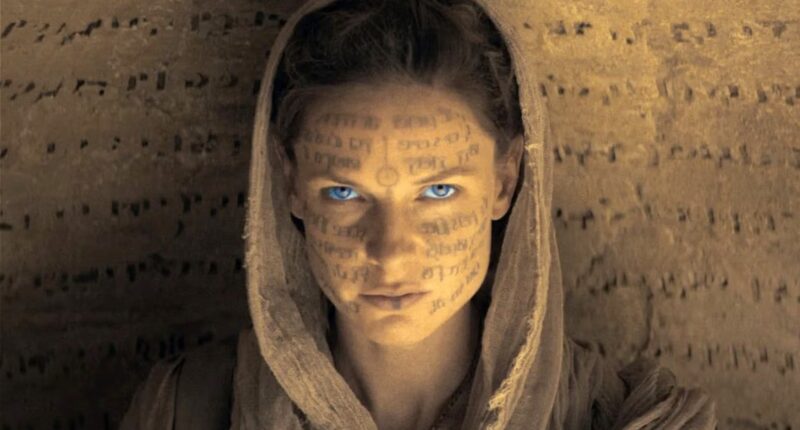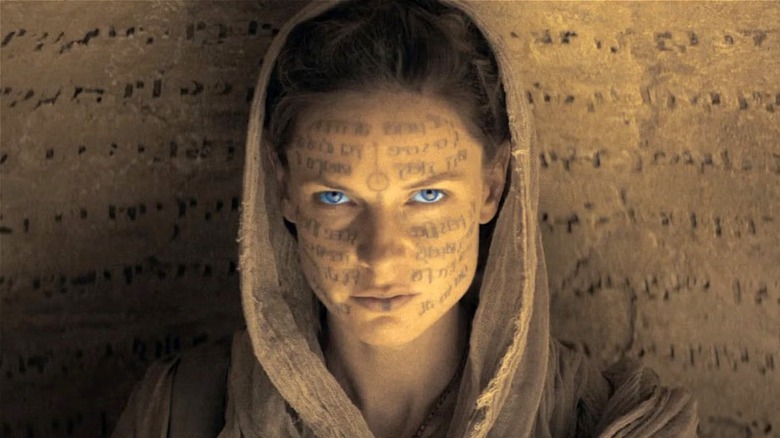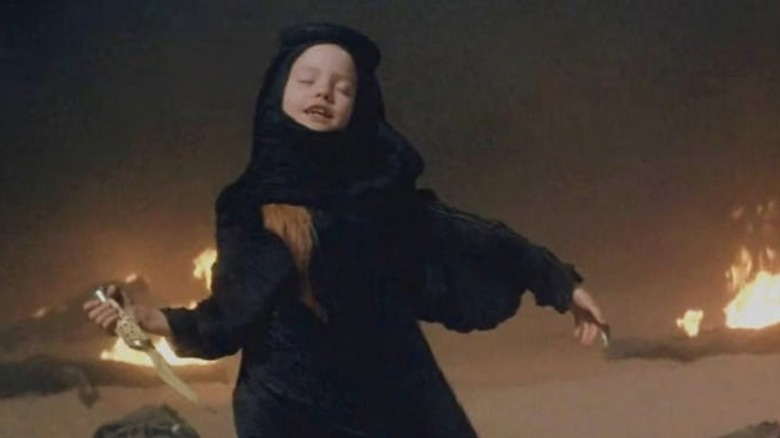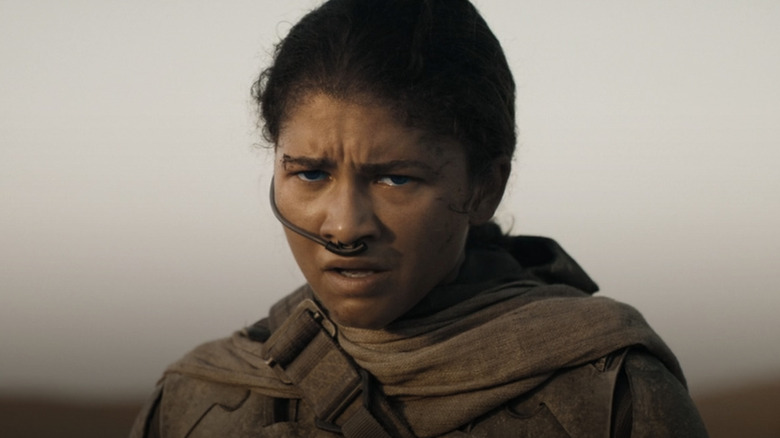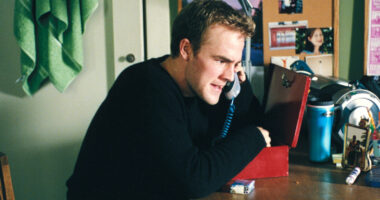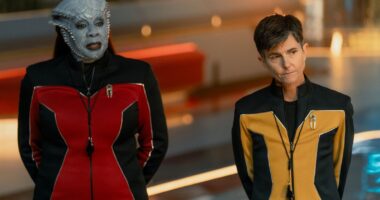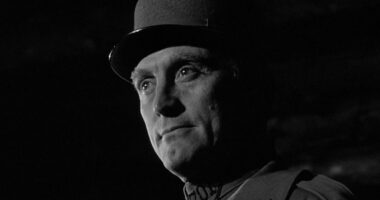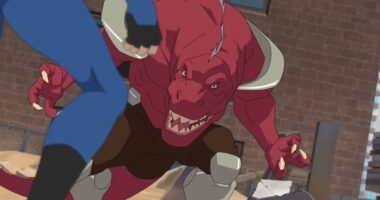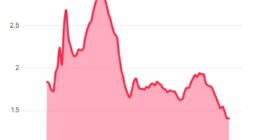Share this @internewscast.com
Director Denis Villeneuve garnered praise from “Dune” fans with the initial part of his adaptation of Frank Herbert’s renowned novel in 2021, yet “Dune: Part Two” truly stands as a masterpiece of sci-fi cinema. What makes Villeneuve’s interpretation of the “Dune” universe so captivating is its faithful adherence to Herbert’s original vision — or at least to Villeneuve’s perception of that vision.
Certain aspects of Villeneuve’s “Dune” films diverge from the book, but most deviations serve a well-defined purpose. Villeneuve implemented changes to enhance the source material, managing to address some of his own critiques of the novel. One major issue Villeneuve had with Herbert’s work was the portrayal of Lady Jessica (Rebecca Ferguson) in the latter half of the narrative. “She’s still Lady Jessica, the main architect of the story,” Villeneuve explained to Total Film magazine. “I found that to be a powerful concept not fully realized in the book. I ensured she maintained character prominence in the second part.”
Villeneuve’s handling of “Dune: Part Two” elevates Lady Jessica’s significance, paving the way for her role in the director’s forthcoming adaptation of “Dune: Messiah.” While Herbert wasn’t certain he would craft a sequel to “Dune,” Villeneuve leveraged that foresight to reorganize key characters in “Dune: Part Two.”
Dune: Part Two changed the book’s ending
The conclusion of “Dune: Part Two” mirrors the general trajectory of Frank Herbert’s “Dune” ending. Paul Atreides (Timothée Chalamet) leads the Fremen into combat, initiating a war that spans the stars. Amidst the turmoil, Baron Harkonnen (Stellan Skarsgård) meets his end, and Paul ascends as Emperor. These events unfold similarly in both versions of the story, but a crucial character is absent from the battle in Villeneuve’s film.
In the novel, Paul resides with the Fremen for two years, during which time his mother, Lady Jessica, gives birth to Alia, his sister. The movie alludes to Alia’s future role with a brief flash-forward involving an older Alia portrayed by Anna Taylor-Joy, yet in the book, her prophetic vision renders her eerily mature even as a toddler. Alia uses her exceptional intelligence to her benefit, taking part in the final battle. According to Herbert’s narrative, it’s actually child Alia who kills Baron Harkonnen.
“We were somewhat wary of that talking toddler, potentially disrupting the film,” noted Jon Spaihts, co-writer on both of Villeneuve’s “Dune” movies, in an Inverse interview. “Executing that on film is challenging.” Challenging but not impossible: David Lynch’s 1984 “Dune” adaptation did feature little Alia (Alicia Witt) participating in battle, but after witnessing that, even staunch “Dune” enthusiasts will likely concur that Villeneuve and his team made a wise decision.
The most consequential change in Dune: Part Two
By beefing up Lady Jessica’s role in “Dune: Part Two,” Denis Villeneuve was able to fix one of his personal problems with Frank Herbert’s original novel, while cutting Alia’s character from the second film allowed Villeneuve to streamline the story and avoid making audiences confront the visual of a murderous toddler. Those are big changes, but neither of them were as impactful as the change Villeneuve made to the role Chani (Zendaya) plays in the story.
In the book, Chani is a true believer in Paul Muad’Dib. The two of them still fall in love with each other, but Chani never doubts the religious significance of Paul’s arrival on Arrakis. Villeneuve has said that in the movie, Chani’s skepticism plays an important thematic role. “Dune: Messiah” explores the idea that Paul is not a perfect savior, and Villeneuve wanted to get those ideas flowing early by making Chani a skeptic.
“In the book she’s in the shadow of Paul, but we wanted to give Chani her own agenda here, her own beliefs, her own tale,” Villeneuve told GamesRadar, adding, “She becomes our moral compass. It was therefore very important to finish the movie on Chani as that’s our angle, our take.” Going into the third movie, Chani finds herself in a very different place from her book counterpart, and watching Villeneuve explore that will likely be one of the most fascinating aspects of “Dune: Part Three.”
